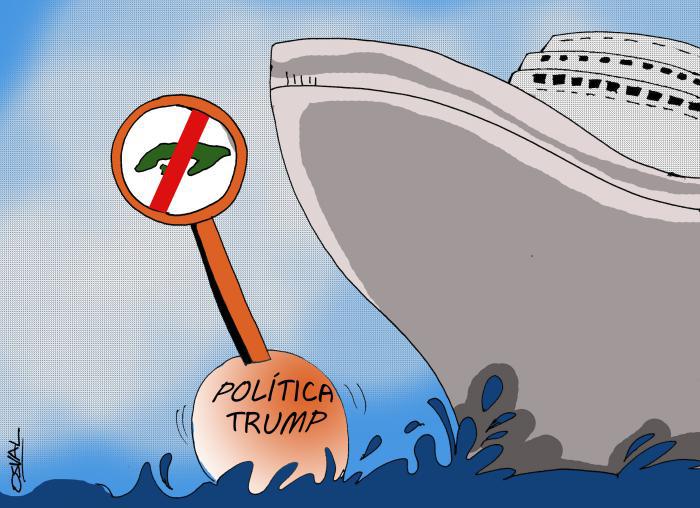Miami federal judge James Lawrence King has dismissed a lawsuit filed by a Florida citizen, under Title III of the illegal Helms-Burton Act, against Carnival Corporation, the world’s largest cruise operator which includes Cuba among its destinations.
The dismissed case, one of the first filed based on the infamous Helms-Burton Act, was initiated by Javier Garcia Bengochea last year in the South Florida U.S. District Court and sought compensation on the grounds that the plaintiff had commercial property rights to waterfront property used by Carnival since 2016, in the port of Santiago de Cuba, according to The Wall Street Journal.
“The decision could portend difficulties for plaintiffs seeking to use the provision,” the Journal noted. Other U.S. judges have dismissed similar legal challenges against MSC Cruises S.A. and Norwegian Cruise, which cited Title III of the Helms-Burton, an extraterritorial law that impacts not only Cuba, but the U.S. people and third parties, as well.
The announcement by the Treasury Department’s Office of Foreign Assets Control, and the Department of Commerce Bureau of Industry and Security, to eliminate, as of June 5, 2019, all general licenses for “people to people” group educational trips and deny licenses to non-commercial aircraft – as well as passenger and recreational vessels, including cruise ships – severely impacted the number of visitors to Cuba, deliberately causing severe economic damage to the country.
The move has affected not only the tourism industry, but also individual lodging providers and the self-employed in our nation.
The prohibitions additionally limit the right of U.S. citizens to travel and those of many sectors interested in doing business on the island. In fact, companies such as Carnival, Norwegian Cruise and Royal Caribbean lowered their economic growth projections in 2019 following the decision made by the Trump administration to further restrict travel to Cuba.
The genocidal White House policy toward our nation has not been eased, even under the extreme conditions created by the pandemic. “During these months of COVID-19, more than a dozen extreme sanctions have been imposed against trade, banking transactions and donations of necessary medical equipment and supplies,” noted Cuban Foreign Minister Bruno Rodríguez recently, on Twitter.
Source: Granma.






































